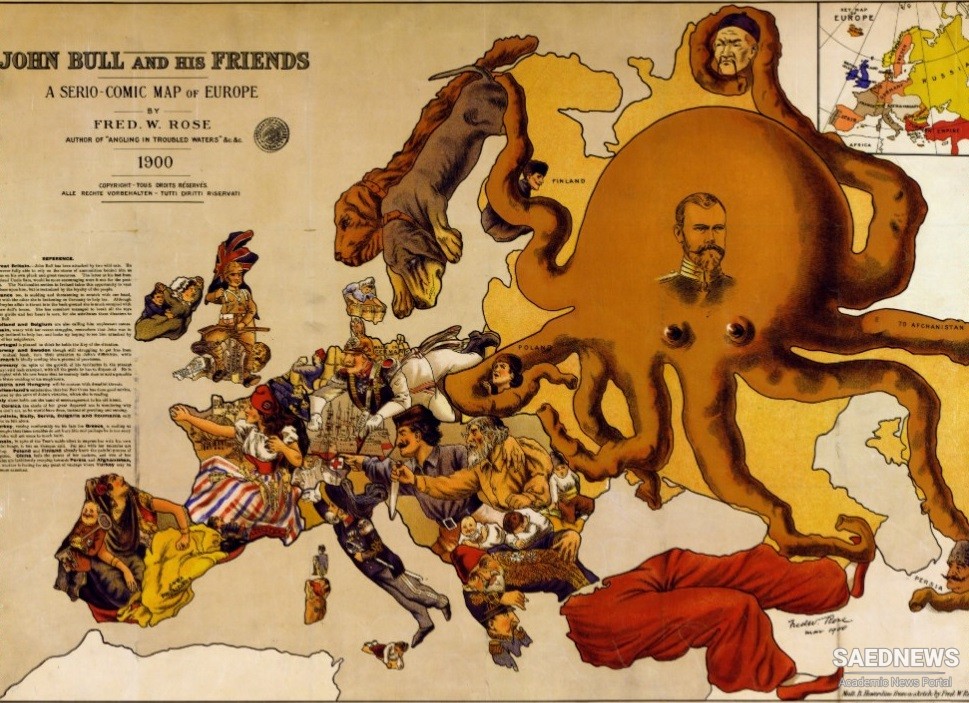Cultural strength is not something we can discuss very easily—and one of the purposes of the present work is to illustrate, analyze, and reflect upon Orientalism as an exercise of cultural strength. In other words, it is better not to risk generalizations about so vague and yet so important a notion as cultural strength until a good deal of material has been analyzed first. But at the outset one can say that so far as the West was concerned during the nineteenth and twentieth centuries, an assumption had been made that the Orient and everything in it was, if not patently inferior to, then in need of corrective study by the West. The Orient was viewed as if framed by the classroom, the criminal court, the prison, the illustrated manual. Orientalism, then, is knowledge of the Orient that places things Oriental in class, court, prison, or manual for scrutiny, study, judgment, discipline, or governing. Orientalism reinforced, and was reinforced by, the certain knowledge that Europe or the West literally commanded the vastly greater part of the earth's surface. The period of immense advance in the institutions and content of Orientalism coincides exactly with the period of unparalleled European expansion; from 1815 to 1914 European direct colonial dominion expanded from about 35 percent of the earth's surface to about 85 percent of it. Every continent was affected, none more so than Africa and Asia. The two greatest empires were the British and the French; allies and partners in some things, in others they were hostile rivals. In the Orient, from the eastern shores of the Mediterranean to Indochina and Malaya, their colonial possessions and imperial spheres of influence were adjacent, frequently over-lapped, often were fought over. But it was in the Near Orient, the lands of the Arab Near East, where Islam was supposed to define cultural and racial characteristics, that the British and the French encountered each other and "the Orient" with the greatest intensity, familiarity, and complexity. For much of the nineteenth century, as Lord Salisbury put it in 1881, their common view of the Orient was intricately problematic: "When you have got a ... faithful ally who is bent on meddling in a country in which you are deeply interested —you have three courses open to you. You may renounce—or monopolize—or share.


 Westernization of Modern Persian Music through Hybridization
Westernization of Modern Persian Music through Hybridization














































